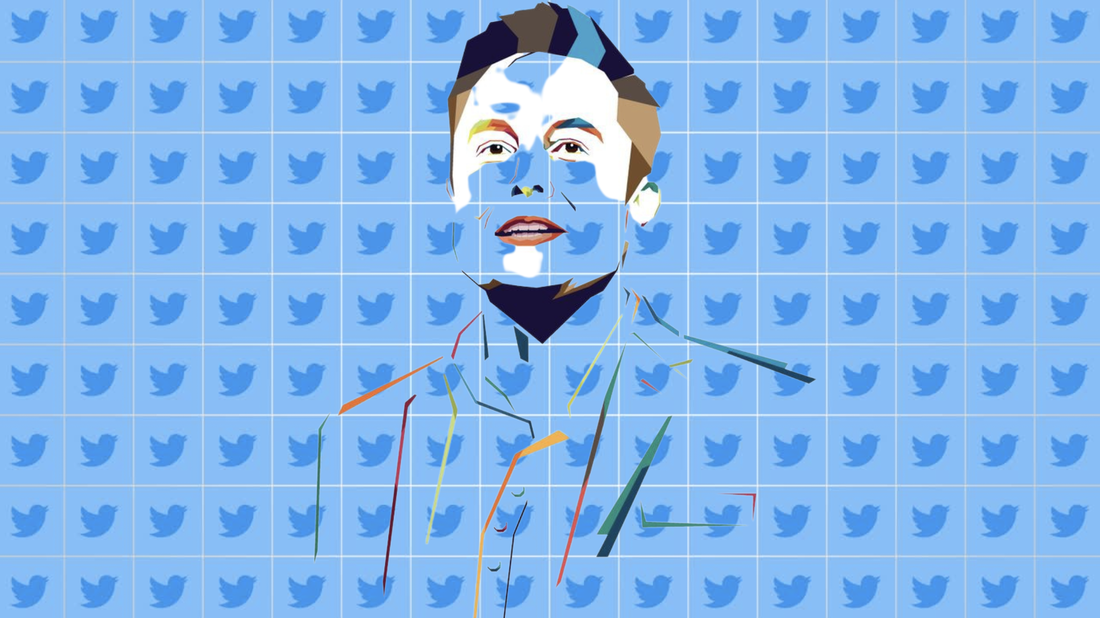|
“Why Elon Musk’s Idea of ‘Free Speech’ Will Help Ruin America,” reads a headline in the liberal The New Republic. Bottom line – the sale of Twitter to Elon Musk “means that lies and disinformation will overwhelm the truth and the fascists will take over.” “Stop the Twitterverse – I Want to Get Off,” writes Debra Saunders in the conservative American Spectator a few weeks before Elon Musk’s acquisition of Twitter became inevitable. From left and right, cynicism is the dominant reaction to the potential of Twitter under Elon Musk’s direction. The left hates Twitter because it can be abused by noxious personalities with extreme politics. The right hates Twitter because of a perception among conservatives that Twitter takes out the magnifying glass only when evaluating conservative speech. Both sides have become so used to distortion and the failure of public enterprises and personalities that they have come to welcome it. We’ve even started to root for failure. There is an emotional comfort to always assuming the worst will happen – you will never be disappointed. E.K. Hornbeck, the journalist character in Inherit the Wind, captured the mentality of our times in a play written by Jerome Lawrence half-a-century before the emergence of social media: “Cynical? That's my fascination. Social media has elevated Hornbeckism and taught us not just expect the worst, but to celebrate it. We should pause, then, to take note that on the day Elon Musk visited the headquarters of Twitter as he assumes ownership, the billionaire released a surprisingly sweet note to advertisers about the direction the platform will take.
Musk wrote that he bought Twitter “because it is important to the future of civilization to have a common digital town square, where a wide range of beliefs can be debated in a healthy manner, without resorting to violence. There is currently great danger that social media will splinter into far-right wing and far-left wing echo chambers that generate more hate and divide our society.” He wrote that the “relentless pursuit of clicks” of traditional and social media fuels caters to polarized extremes. Musk admits that failure is real possibility for him and that he must allow some degree of content moderation to keep Twitter from becoming a “free-for-all-hellscape.” Musk and his team face many granular decisions between statements that are edgy and even offensive to many, and those that are over the line. That line will probably waver back and forth as Twitter experiments with a broader array of speech and speakers. Security will also need to be addressed. A fired former senior executive of Twitter, Peiter “Mudge” Zatko, testified before the Senate Judiciary Committee that there are “no locks on the doors” at Twitter when it comes to securing users’ data. Twitter, he said, had been infiltrated by foreign spies, including actors on behalf of the People’s Republic of China, seeking Americans’ personal data. It will be up to Musk to assess and if necessary correct security flaws. He will lead a team that must be capable of executing operations while bringing a more open-minded ethos to the Twitterverse. We can be certain that there will be mistakes, embarrassments, policies made and revoked. But Elon Musk’s rockets exploded on the launchpad before he got SpaceX right. Maybe the same will happen this time. We should all hope so. As Twitter evolves, stumbles, evolves some more, we should remain calm and continue to cheer for the platform’s success. There’s nothing quite like it. And if Twitter fails because we cannot as a nation manage a dialogue, then we will all fail as well. Comments are closed.
|
Archives
June 2024
Categories
All
|
ABOUT |
ISSUES |
TAKE ACTION |



 RSS Feed
RSS Feed